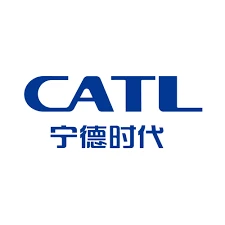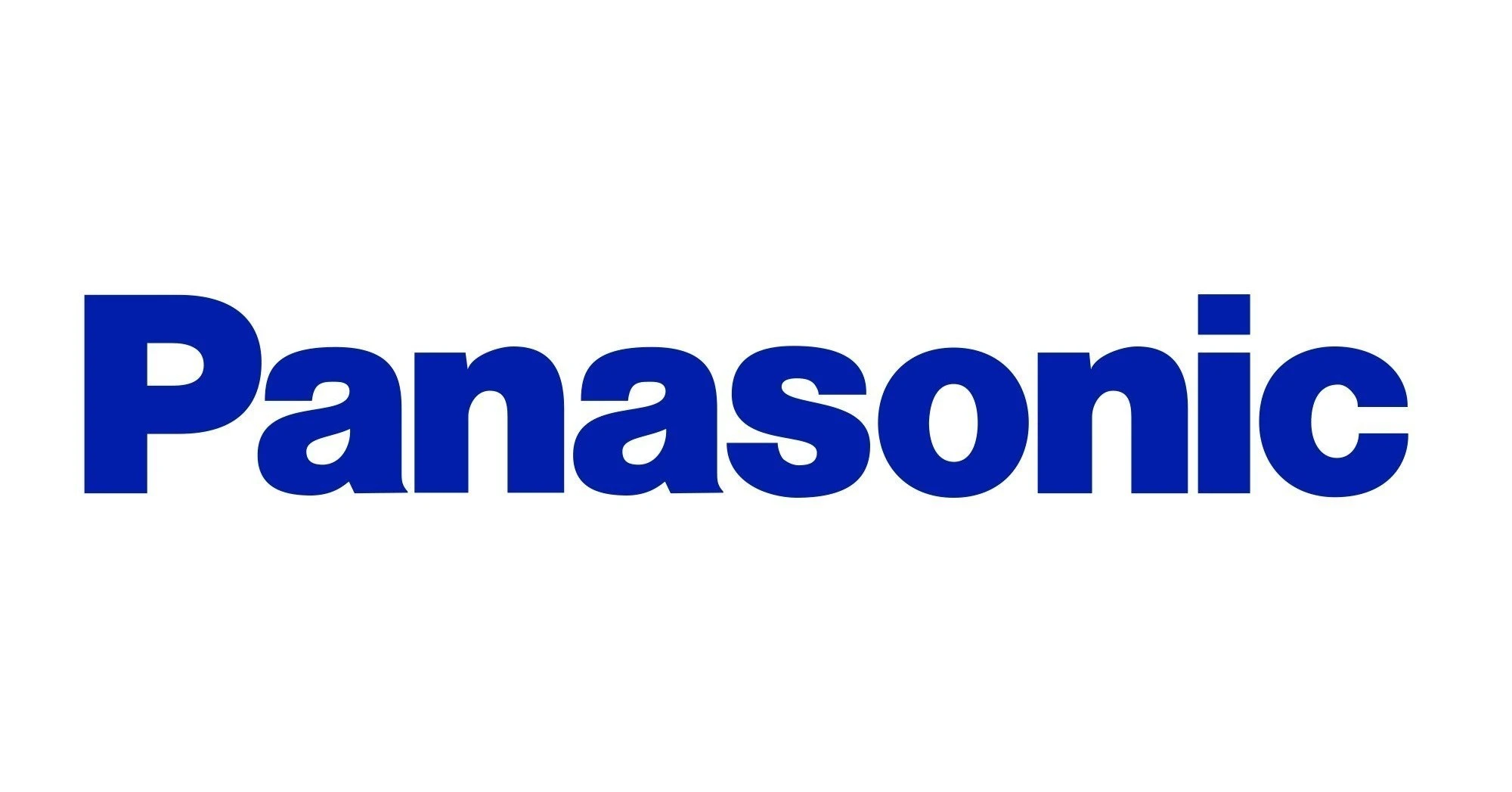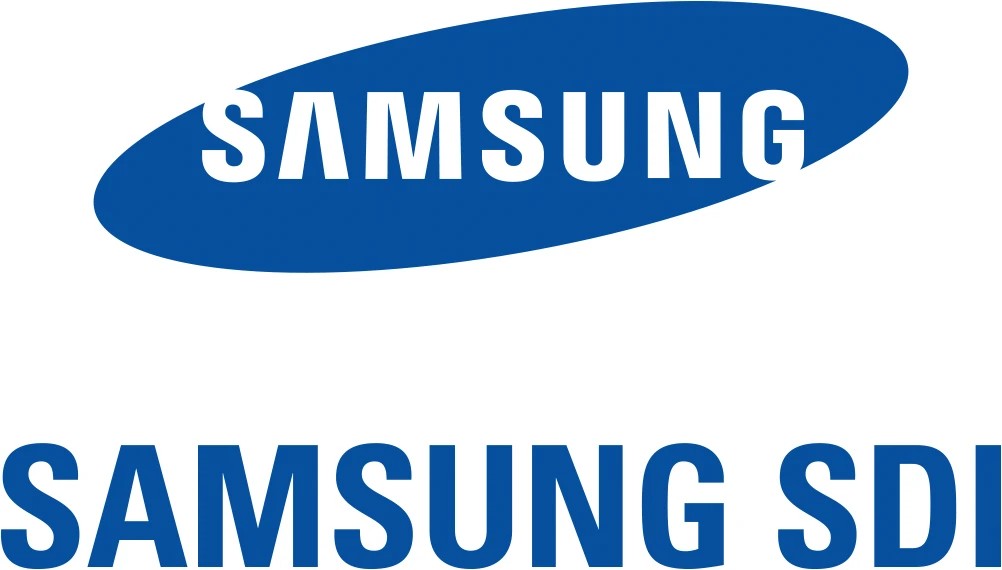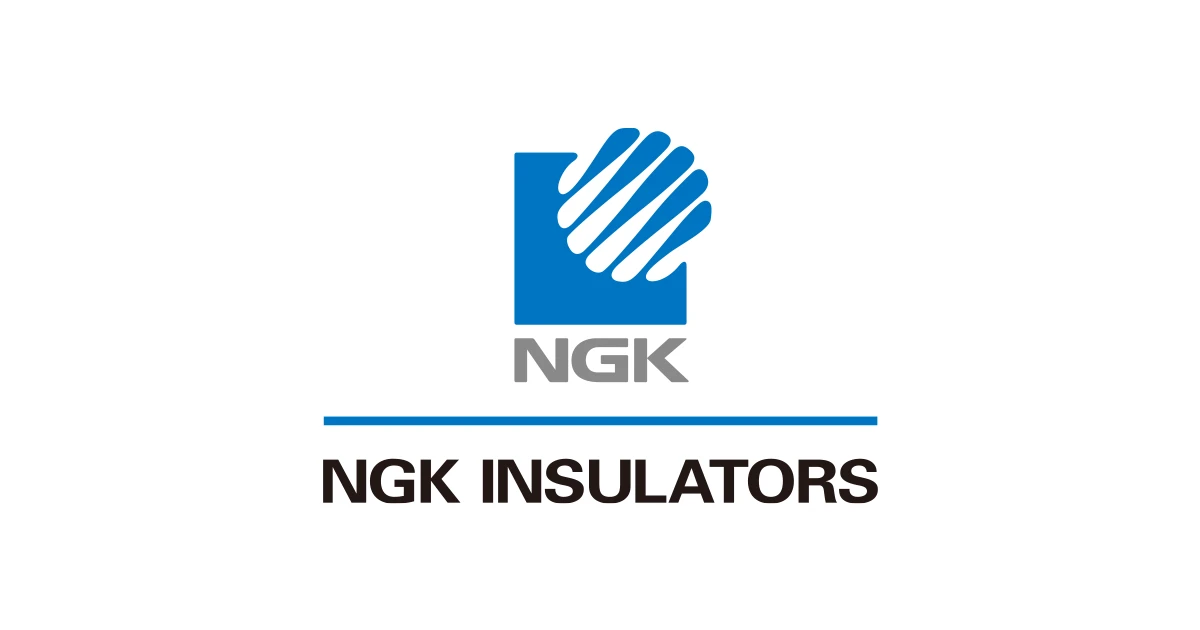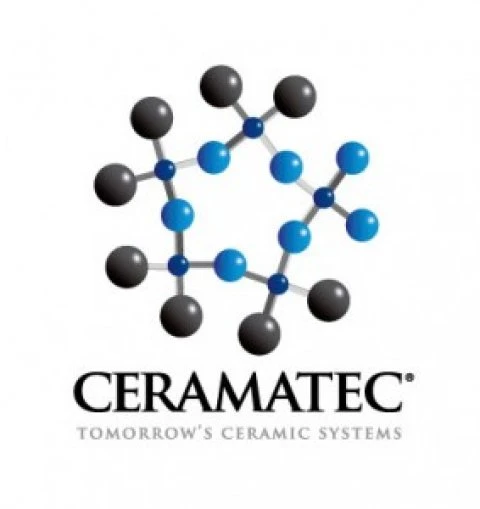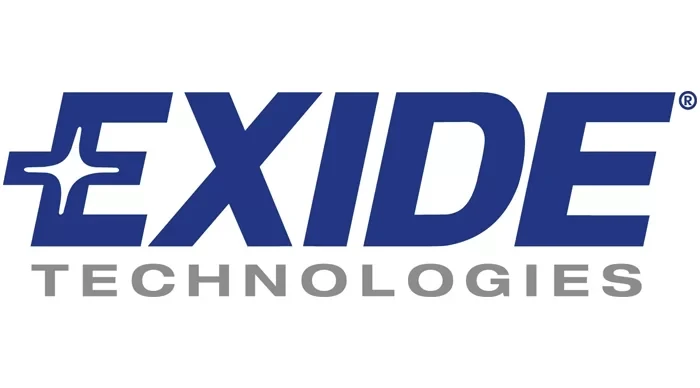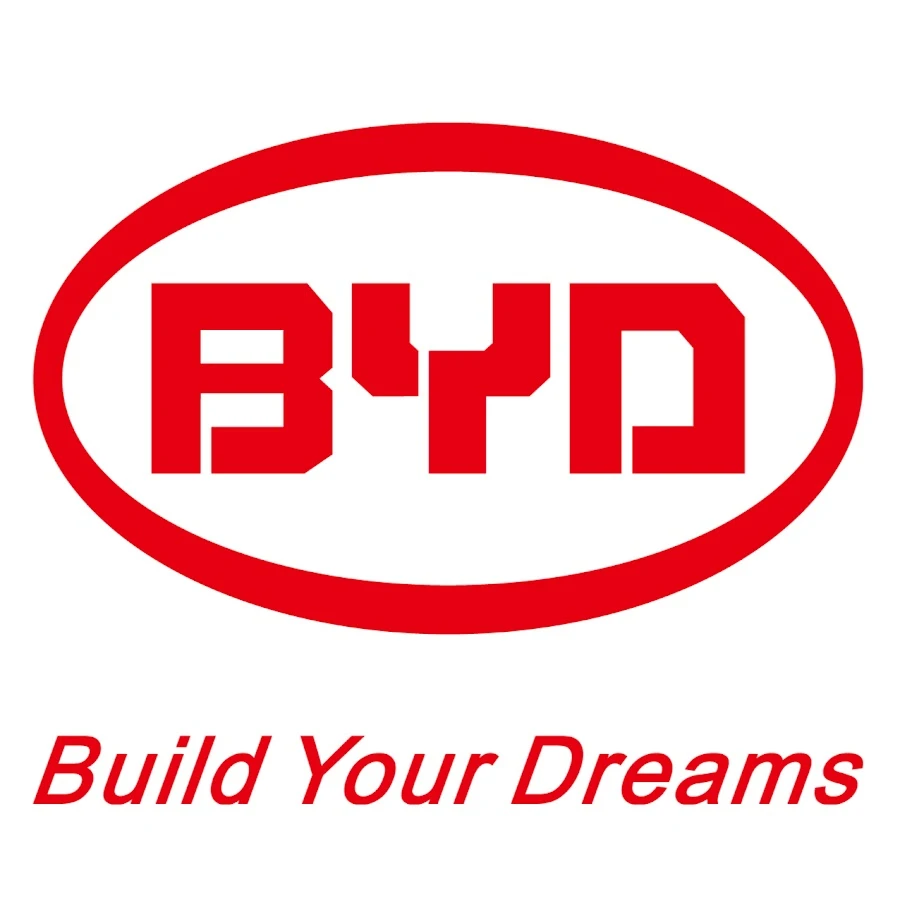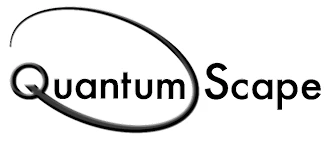
Discover the Top Energy Storage Battery Manufacturers
In this era of fast life, where energy requirements are increasing and sustainable solutions are becoming very important to life, battery energy storage systems (BESS) have emerged as a significant player. They help improve the integration of renewable energy sources by storing power generated at off-peak times or in excess. This article will trace the world of battery energy storage systems, identify key manufacturers in the industry, and analyze key market trends that would take us toward a new era of energy storage.
I. Introduction
The Concept of Battery Energy Storage System
Battery energy storage systems are special devices that store electrical energy in batteries for later use. These systems have become increasingly important due to their ability to address intermittent energy supply and demand issues. Additionally, they contribute to improving grid strength and stability. BESS performs an important role. It bridges the generation gap between availability and usage. It assists in a sustainable and robust ecosystem of assured delivery.
II. Introduction to Battery Energy Storage System
Understanding the Fundamentals
To appreciate BESS’s importance, one must first grasp its foundations. A battery energy storage system is based on a few fundamentals. It has batteries that store electrical power, an inverter to convert DC power from the batteries into AC power for use and control to regulate energy flowing through the system. This helps conserve electricity since it can be stored safely until there is a need for utilization.
Role in the Energy Transition
BESS has come up as part of the transition into energy. The intermittent nature of supply makes renewable energy sources like wind and solar attractive. The system charges during low-demand times and discharges during high-demand periods. Hence, battery storage systems can cushion electricity demand and supply. This makes it a vital part of integration within the grid.
III. Lithium-Ion Battery Manufacturers
The lithium-ion market relies on a few significant competitors. These manufacturers have considerable power in development and technology commercialization.
1. Contemporary Amperex Technology Co., Ltd. (CATL)
In this regard, CATL is the top lithium-ion automobile manufacturer globally, with more than 30% share in this category. It supplies major electric vehicle manufacturers such as Tesla, Volkswagen, and BMW. CATL also leads as one of the key suppliers of battery energy storage systems for commercial and industrial applications.
2. LG Energy Solution (LGES)
LGES is the world’s second-largest producer of lithium-ion batteries, with its share in the global market at about 20%. It supplies some of the biggest electric car manufacturers, such as GM, Ford and Hyundai. The company has significant interests in major battery energy storage systems, supplying both residential and grid-scale applications.
3. Panasonic Corporation (Panasonic)
Panasonic is among the world’s oldest and most reputable lithium-ion battery producers. It not only specializes as a battery manufacturer for electric vehicles, but it also does business with prominent names such as Tesla and Toyota. It supplies large-scale systems to both residential locations and grid-scale.
4.Samsung SDI Co., Ltd. (Samsung SDI)
Headquartered in South Korea, Samsung SDI is one of the top makers in the lithium-ion battery industry among top global makers of batteries. It manufactures parts for various electric vehicle brands alongside its Samsung EV brand. It also makes notable contributions to providing residential scale-based and grid-scale solutions through BES systems.
In short, these four companies are leaders in their designated sector on the front line in the manufacturing case of world lithium-ion battery making. They make significant impacts on technology creation. Specifically, they focus on energy storage technologies within batteries. Additionally, they lay down a meaningful way forward toward clean energy generation.
IV. Sodium-Sulfur Battery Manufacturers:
1. NGK INSULATORS, LTD. (Japan)
NGK INSULATORS, LTD. is the largest producer of sodium-sulfur batteries in the world. It is also a global leader and pioneer that builds sodium-sulfur battery systems for large-scale energy storage as well as microgrids and grid support.
NGK is a commercially developed sodium-sulfur battery with more than 30 years of production history. Its applications include grid-scale energy storage, renewable integration, and industrial applications in backup power.
- Technical advantages: The technical benefits are superior performance in a wide temperature range and an effective aqueous recharging system.
- Product features:NAS batteries are available in various sizes and configurations to match the different needs of the applications.
2. Ceramatec Inc. (USA)
Ceramatec Inc., another major player in the sodium-sulfur battery industry from within the United States, is developing and manufacturing state-of-the-art materials for sodium-sulfur batteries. They are also involved in developing new forms of sodium-sulfur battery technologies. Their batteries remain robust over life by working at temperatures well above atmospheric temperature. This additional edge ensures their products can work in large-scale energy storage projects, particularly in extreme-climate regions.
Moreover, Ceramatec’s sodium-sulfur batteries can hold decades together of energy efficiency and reliability and hence will ensure grid applications of smooth performance.
Technical Advantages of Sodium-Sulfur Batteries
Technical advantages associated with sodium-sulfur batteries include:
- High Energy Density: The ability to hold and discharge large amounts of energy makes them suitable for bulk energy storage.
- Extended Cycle Life:A longer life span guarantees long-term reliability as well as cost-effectiveness in the manufacturing process.
- Efficient Thermal Management:These batteries are designed for effective heat management, making them safer and more productive.
V. Lead-Acid Battery Manufacturers
1. JYC Battery
JYC Battery manufactures and researches a variety of lead-acid batteries for use as emergency power supplies and other forms of distributed energy storage. The company was launched back in 2000 at Shaoguan. From then on, it has widened its operations along with production centers to Malaysia. Now, it has developed its business and cooperation in several countries such as Russia, Middle East, Turkey, United States, Australia, Brazil, Germany, Italy, etc.
Product Categories:
As far as this lead-acid battery produced by this company goes, it is intended mainly for use within small-scale applications related to energy storage.
Market Share:
JYC Battery is the global leader in manufacturing lead-acid batteries for various applications. It enjoys a predominant supply chain share due to its robust manufacturing prowess across China and Malaysia.
2. Exide Technologies
Exide Technologies happens to be one of the major manufacturers globally in the making of lead-acid batteries. Apart from automotive batteries, they also manufacture mammoth volumes of industrial batteries. These batteries are used in battery backup systems, emergency lighting systems, and other miniature energy storage solutions.
3. East Penn Manufacturing
East Penn Manufacturing is an American company that started in the year 1946. Over the years, the company has become an industry leader in manufacturing batteries for motive power applications through lead-acid batteries, solar and wind energy systems, backup power systems for homes and businesses, and telecommunications.
East Penn manufactures long life with high performance, low maintenance requirements, and a range of battery products from flooded to gel cells to AGM cells. The batteries manufactured by East Penn are characterized by a long lifetime with high performance and low maintenance requirements. This is implied by its global dominance – over 8% of the global market share in lead-acid batteries.
VI. Lithium Iron Phosphate Battery Manufacturer
BYD Company Ltd. (BYD)
One of the LiFePO4 battery manufacturing industry players is BYD Company Limited. As a multinational company based in China, the firm has garnered remarkable recognition for its commitment to sustainable technologies and innovation. With such a performance backbone, BYD has taken over production controls for the manufacture of LiFePO4 batteries being utilized across applications such as energy storage systems, among others.
Advantages of LiFePO4 Battery and Application:
The following are remarkable advantages of using LiFePO4 Batteries suitable for energy storage systems.
- Safety: Compared to traditional lithium-ion batteries due to their stable chemical structure, LiFePO4 batteries are safer and more durable. The safety constraint is applicable in most energy storage applications.
- Long Cycle Life: LiFePO4 batteries have a long cycle life, usually exceeding 2,000 charge-discharge cycles. This feature would sustain the holding capability of the battery for many years of utility.
- High Energy Efficiency: These batteries have high charge and discharge efficiency; therefore, they waste low energy in energy storage and retrieval.
- Wide Temperature Range: The LiFePO4 batteries derive energy well across all temperatures, from extreme cold to hot zones.
- Fast Charging: LiFePO4 batteries support fast charging. This enables rapid storage power recharging.
The applications of LiFePO4 batteries in energy storage systems are diverse.
- Residential Energy Storage: LiFePO4 batteries are commonly used in residential set-ups. They store solar energy during sunny hours, which can be used during night or overcast hours. This helps to reduce dependency on mains wiring and cut power bills.
- Commercial and Industrial Applications: They serve as standby backup for industries. They ensure continuous business operations at all times, apart from blackout days.
- Grid Level Storage: LiFePO4 batteries are specifically designed for grid-level energy storage projects. They play a crucial role in smoothing the grid and regulating peak demand. Additionally, they enhance connectivity by facilitating the integration of renewable generation sources.
Modular design, scalability, and integrated battery management system from BYD’s LiFePO4 batteries are fresh innovations. Due to these features, they can be used for anything from small-scale residential solar installations to massive grid-scale project development.
BYD’s LiFePO4 batteries are at the heart of the energy storage solution that powers entire neighborhoods, businesses, and utilities in the company’s microgrid projects.
VII. Other Emerging Manufacturers
QuantumScape
QuantumScape prides itself on breaking new ground in battery technology with its solid-state batteries. The company claims that its solid-state batteries will have several benefits. These include greater energy density, faster charging times, and significantly increased safety. These advantages will be available at the same cost as conventional lithium-ion batteries. Such efforts have earned the company a highlight. The company is being recognized for being a potential game-changer in BESS technology.
Sonnen
Sonnen, too, believes in a holistic approach to energy storage, integrating smart technology with BESS. Their approach is innovative because they offer residential energy storage solutions integrated with intelligent energy management systems. Integrating these systems helps optimize energy consumption and reduce its associated costs while increasing participation in grid services, thus building a decentralized energy ecosystem.
VIII. Market Competition and Development
Due to the increase in demand for a battery energy storage system, competition in the market is also rising. Manufacturers want their products to be more refined and have a lower cost. This competition has resulted in various innovative products along with an array of different products for consumers.
New trends like new chemistries, residential installations, as well as grid-scale projects increase with BESS. These future trends for energy storage development make it permissive but efficient simultaneously.
IX. Conclusion
In the final analysis, battery energy storage systems redefine the energy ecosystem by integrating renewable resources seamlessly and offering grid stability. Manufacturers of various types of batteries, including lithium-ion, sodium-sulfur, lead-acid, and LiFePO4 batteries, have been at the forefront of innovative development and broadening the field’s potential for energy storage. The future of BESS provides us with green potential for better and more sustainable energy in the environment as the level of competition continues to intensify and technological advancements continue to be observed at an exponential rate. Taking advantage of these developments becomes not only necessary but also crucial in demonstrating the cleaner and more reliable energies of the future.
JYC Batteries, with our extensive global presence and commitment to quality, are a top choice for all your lead-acid battery needs. Our products, designed for small-scale energy storage and backup power, offer reliability and cost-effectiveness. When considering lead-acid batteries, make a wise choice and opt for JYC Batteries for a dependable and efficient energy storage solution.



